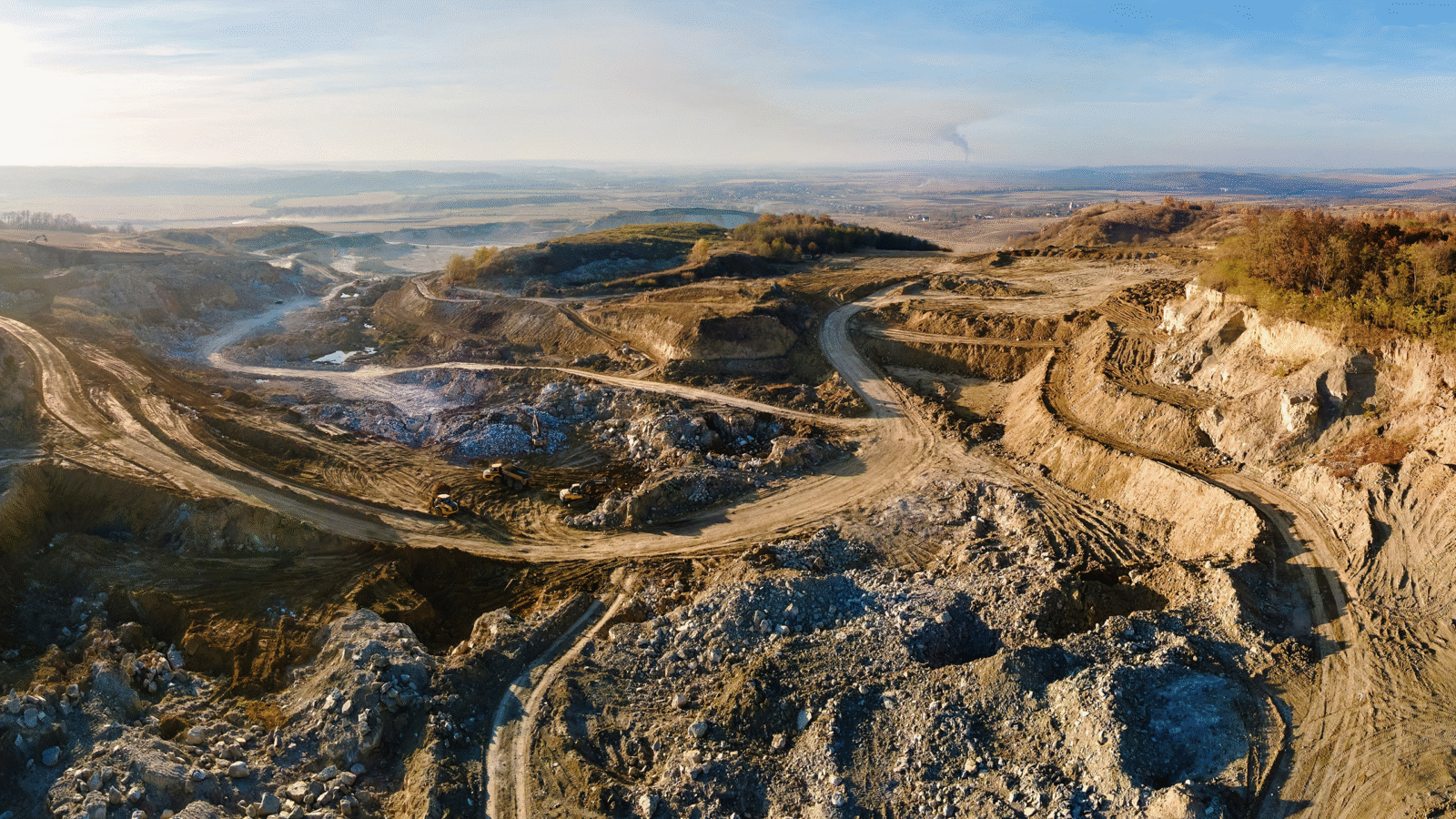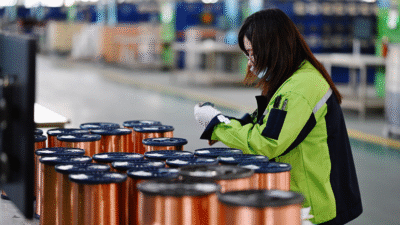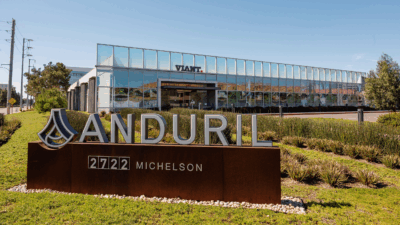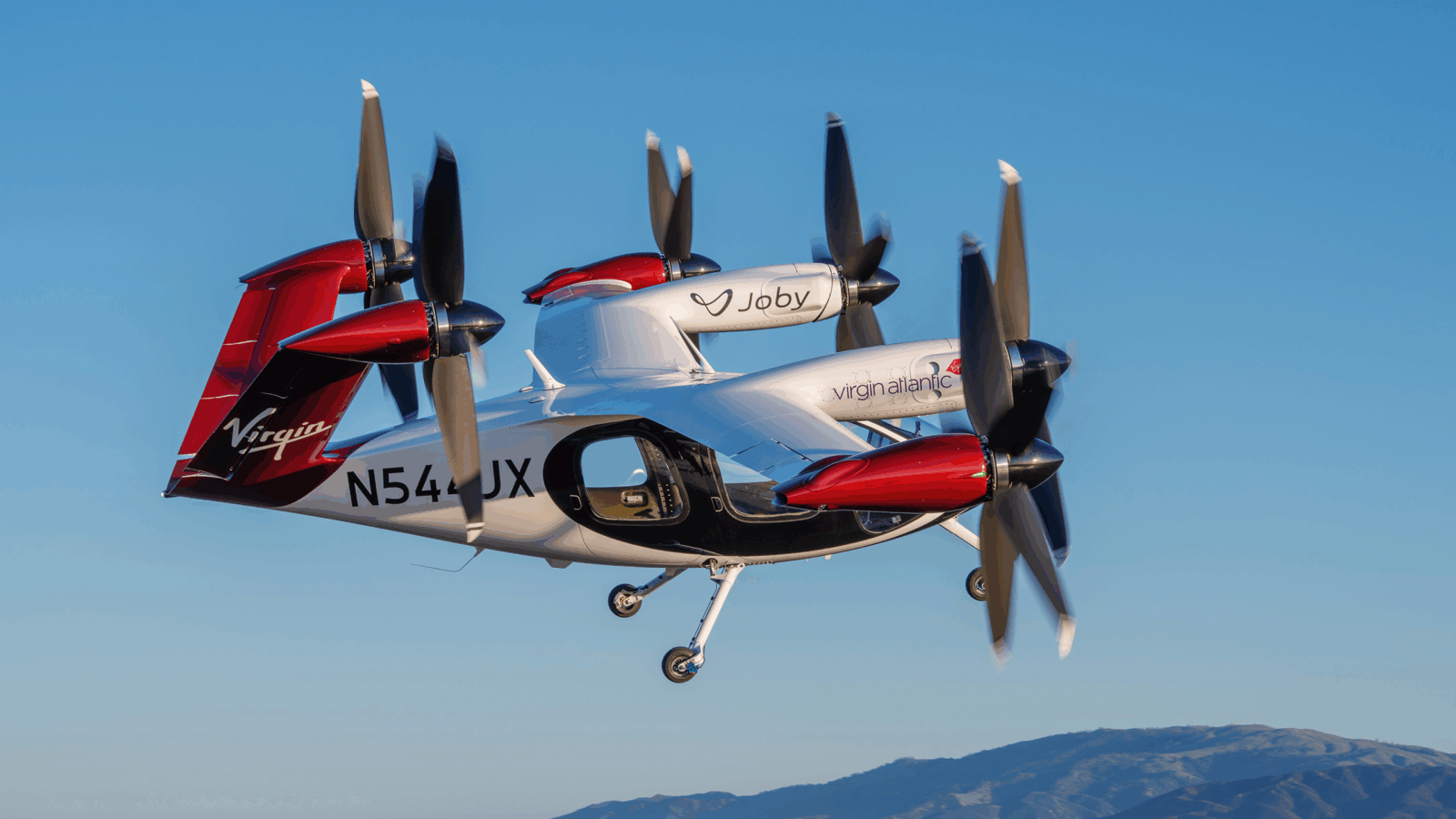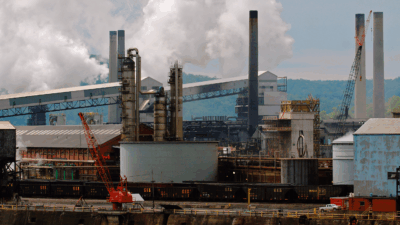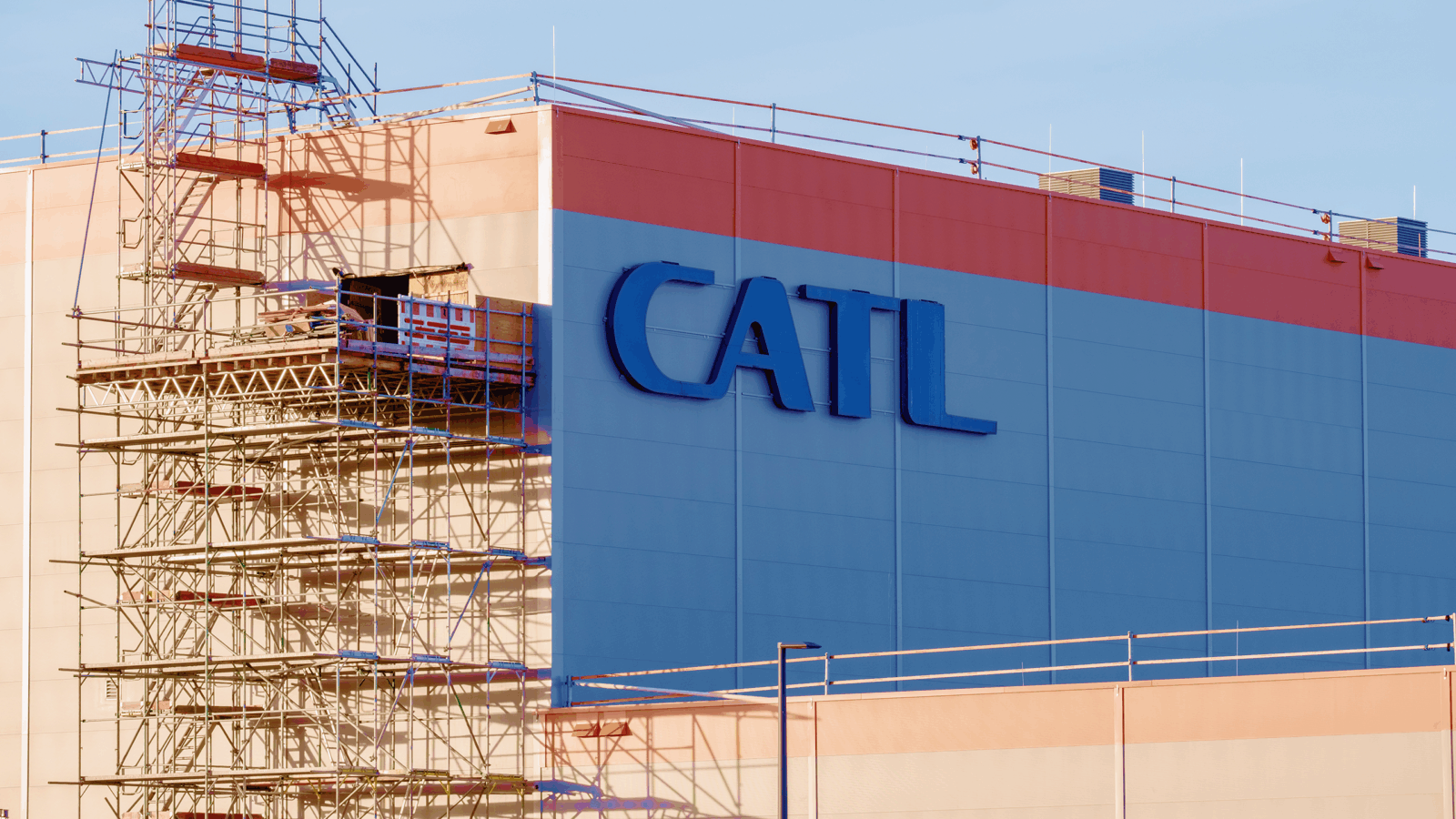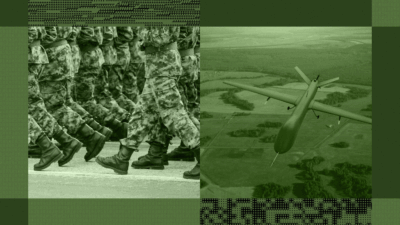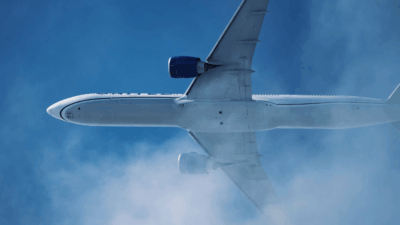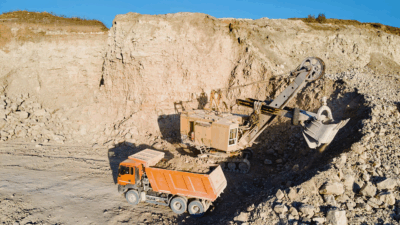Infrastructure Bill Aims To Cut Vehicle-Animal Collisions With $350 Million For Wildlife Bridges
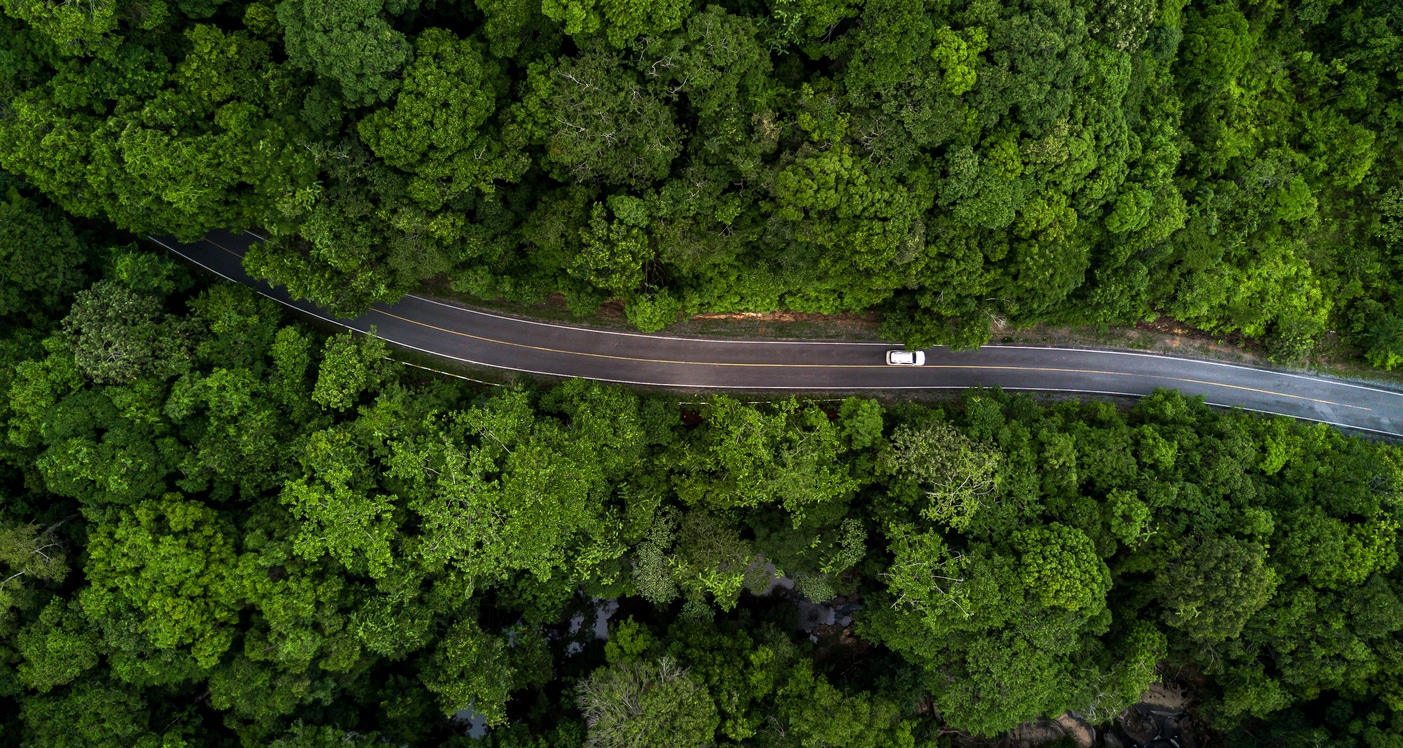
Sign up for smart news, insights, and analysis on the biggest financial stories of the day.
America’s roads are about to become a whole lot safer. Not from reckless or speeding drivers, but rather deer, elk, moose, and all other sorts of wildlife creatures.
Out of Biden’s $1.2 trillion infrastructure package, $350 million has been set aside to construct bridges, tunnels, and other crossings for wild animals to traverse over, under, and around busy roadways. And experts say it’ll save drivers a ton of money as well.
Animal Crossing
Across the country’s 4 million-mile road network, only 1,000 wildlife crossings currently exist. Compared to the Netherlands, where 600 crossings service just 80,000 miles of roadway, and it’s clear the US may finally be getting up to speed.
“We can’t treat every mile of highway, but we can take care of a lot of the areas that are seriously affecting wildlife populations,” Western Transportation Institute’s road ecology manager Rob Ament told Vox last month. While the price tag may look large, data and history shows the cost of not improving animal infrastructure is even costlier:
- A three-year Federal Highway Administration study published in 2008 found the average deer-car collision cost $6,000 in total expenses (medical bills, vehicle damage, etc), while crashes with larger elk and moose are even pricier.
- Overall, the study found America averages one million wildlife roadway collisions a year, killing thousands of people and animals, and costing an average of $8 billion annually.
Including wildlife crossings in the infrastructure bill isn’t just to appease PETA, but an investment in public
safety. And it’s proven to work time and again.
Moose Tracks: A series of underpasses and roadside fences installed along Wyoming’s Highway 30 cut crashes by 80%, with increased success over time as animals adapted to the new safe passage, offsetting construction costs in just five years, according to a 2012 study. Meanwhile, an overpass constructed for $5 million over I-80 in Utah in 2018 has yielded similar reductions in collisions.
